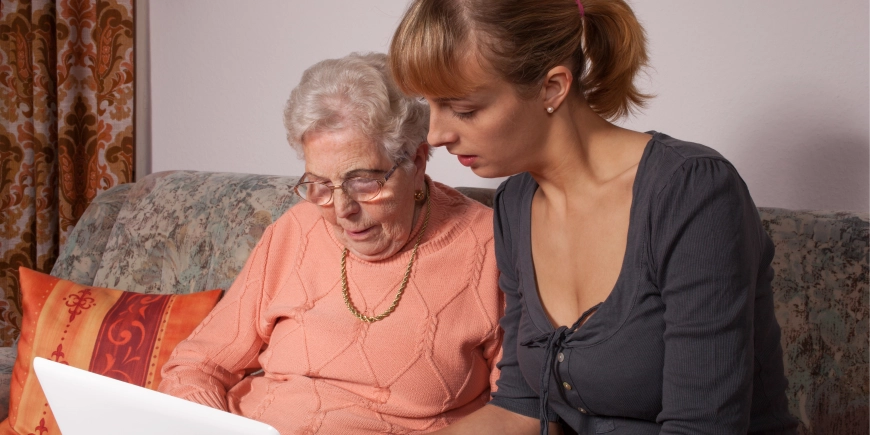Bridging the Distance: Providing Medical Care for Long-Distance Loved Ones

In an increasingly interconnected world, it's not uncommon for families to be spread across different cities, states, or even countries. While this distance can present challenges in many aspects of life, it can be particularly daunting when it comes to managing the medical care of a long-distance loved one. As a physician, I've encountered many families grappling with the complexities of providing care from afar. In this blog post, I'll explore strategies and resources for navigating this journey with compassion, coordination, and expertise.
Establishing Clear Lines of Communication
Effective communication lies at the heart of providing medical care for a long-distance loved one. Establishing clear lines of communication with the patient, their primary caregivers, and other healthcare providers is essential for ensuring continuity of care and addressing any concerns or changes in the patient's health status promptly. Utilizing technology such as video calls, messaging apps, and secure patient portals can facilitate regular updates and consultations, allowing families to stay informed and involved in their loved one's care.
Coordinating Care Across Distance
Coordinating medical care across distance requires careful planning and collaboration among all parties involved. Identifying a primary point of contact, such as a family member or designated caregiver, can streamline communication and decision-making processes. Additionally, maintaining up-to-date medical records, including medication lists, treatment plans, and contact information for healthcare providers, can ensure that everyone involved in the patient's care has access to essential information when needed.
Leveraging Telehealth Services
The advent of telehealth has revolutionized the delivery of medical care, making it more accessible and convenient, particularly for individuals who are unable to travel to in-person appointments. Telehealth services allow patients to consult with healthcare providers remotely, receive virtual diagnoses and treatment recommendations, and even participate in remote monitoring of chronic conditions. By leveraging telehealth services, families can access medical expertise from anywhere in the world, reducing the need for frequent travel and minimizing disruptions to the patient's daily life.
Engaging Local Support Systems
In many cases, long-distance caregivers may feel overwhelmed by the challenges of providing medical care from afar. Engaging local support systems, such as home health agencies, community organizations, and social services, can provide invaluable assistance with tasks such as medication management, transportation to appointments, and daily living support. By tapping into these resources, families can alleviate some of the burdens associated with long-distance caregiving and ensure that their loved one receives the comprehensive care they need.
Cultivating Trust and Empathy
Above all, providing medical care for a long-distance loved one requires cultivating trust, empathy, and understanding. Recognizing the unique challenges and emotions that come with long-distance caregiving, healthcare providers must approach each interaction with compassion and sensitivity. By fostering a collaborative and supportive relationship with both the patient and their family, healthcare teams can empower families to navigate the complexities of long-distance care with confidence and peace of mind.
Conclusion: Nurturing Connection Across Distance
While providing medical care for a long-distance loved one may present logistical and emotional challenges, it is also an opportunity to nurture connection, compassion, and resilience within families. By embracing communication, coordination, and collaboration, families can overcome barriers and ensure that their loved one receives the highest quality of care, regardless of physical distance. As a physician, I am committed to supporting families in their caregiving journey and helping them navigate the complexities of long-distance care with expertise, empathy, and unwavering support.
